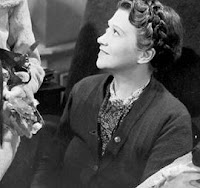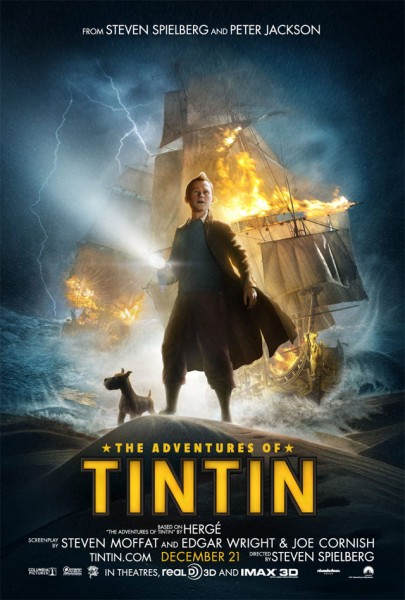The Descendants
Directed by Alexander Payne
Starring: George Clooney, Shailene Woodley, Matthew Lillard, Judy Greer, Robert Forster
Grade: C+
As maudlin voiceovers go, Miranda July’s cat-on-a-deathbed soliloquy in “The Future” has competition for the prize of ‘most annoying of 2011’, as George Clooney’s opening gambit in the wearily-spirited “The Descendants” may narrowly beat it out. In a speech in which Hawaii is characterised as a pillar of heritage, Clooney’s Matt King divulges to the audience the exposition that director Alexander Payne (“Election,” “About Schmidt,” “Sideways”) neglects to integrate into the narrative insightfully – which is that Matt’s wife Elizabeth is in a coma as a result of a boating accident, and that he’s struggling to take care of his two daughters. A fine premise for a film, given Payne’s history of resisting the urge to plumb the tearjerking sensitivities in his scripts for emotional effect, but as “The Descendants” proves: there’s always one exception to the rule.
Burgeoning talent Shailene Woodley’s entrance into the story as inebriated, frolicking teen Alexandra gives her the tag of the problem child, but is dismantled fairly soon after the daughters are rounded up to hunt down their dying mother’s fellow adulterer. The film charts Matt’s attempts to deal with the revelations of his wife’s recent behaviour, and his confrontation with the reality that many of his questions about their life together may well be left unanswered. In the midst of crises Matt’s relationship with his two daughters slowly comes together, revealing them to be a genuine unit, even as the early scenes had threatened to expose this as a hiding to nowhere. The genealogical angle employed to give the title added meaning sees Matt and his shareholder relatives in negotiations to sell the expanse of land on the island belonging to their ancestors, providing him with a secondary avenue in which to determine what ‘family’ means.
“The Descendants” boasts an unlikely setup for a comedy, but its blackness comes off as largely honest. The use of the Hawaiian setting to illustrate the film’s theme of disconnection works effectively in mirroring the tenuous nature of the frayed relationships within the family, and, whether as a result of having to make do with being thrown together or through the guidance of a director looking to develop the premise through the skills of his actors, the ensemble of “The Descendants” find a way to somewhat authenticate this band of people. There’s a makeshift sense of construction to their interactions which works within the film’s dramatic arc, and Payne’s presentation of familial solidarity-in-progress at least finds a way to resonate uniquely and effectively. Much of this can be attributed to the supporting performances surrounding Clooney, whose instincts for dry comedy have always felt like a neutered form of his zany “O’ Brother Where Art Thou” shtick. He has soulful moments but mostly relies upon the presence of Krause, Miller, and particularly Woodley alongside him, whose layered performance looks set to grab awards attention.
The problems lie in the strange tone of the film, and the tendencies of the humour to cheaply play to the audience. With alarming regularity, Clooney and his troupe go island-hopping at the drop of a hat, aided by tag-a-long Californian oaf Sid in the designated role of an outspoken jackass. There’s more than an element of “Little Miss Sunshine” to this family-outing setup, diluted by the morbidity and emotion of the predicament, but nonetheless indicative of Chabrol-style whimsy, alienating us from the characters as much as it draws us to them. Payne isn’t shy when it comes to big confrontation scenes, but he often uses directness to further the story when it doesn’t seem best appropriate, and his and Clooney’s attempts to extricate empathy for Matt occasionally fall on deaf ears.
There's something of Alexander Payne lurking in "The Descendants," beneath its unmistakeable plotting, infantile humour, and precious advocacy of togetherness. It has the midlife crisis-element of “Sideways,” the adolescent angst present in “Election,” but, more than anything else, exhibits the caustic charm of "About Schmidt" – albeit with a touch more humanity and considerably less nudity. Like Almodovar with the maligned “Broken Embraces” Payne’s auteurial gaze rakes over old ground, but lightly riffs rather than wickedly satirising, and ultimately feels like a backwards tread. However well its assemblage of young actors can pull off ‘artfully precocious’ with rounded aplomb, “The Descendants” surely represents this filmmaker’s most flawed work to date.








